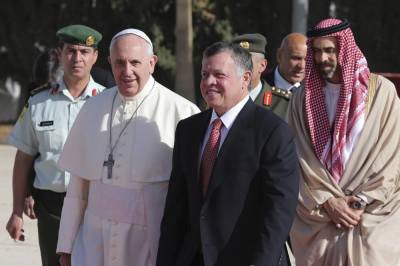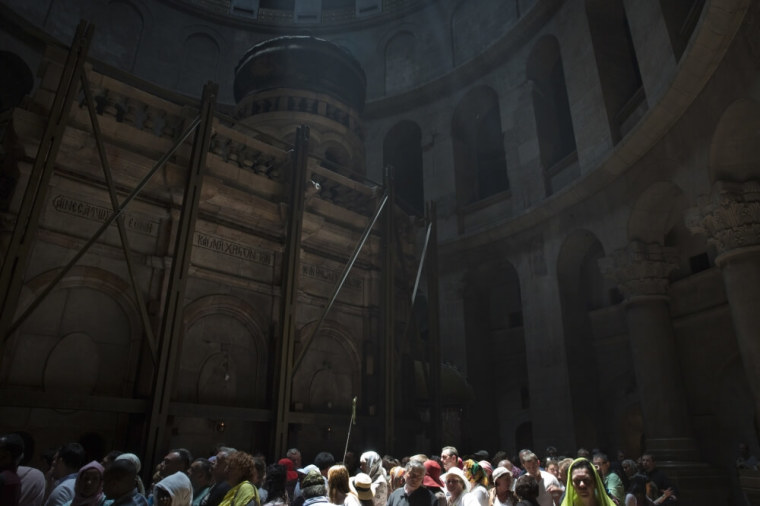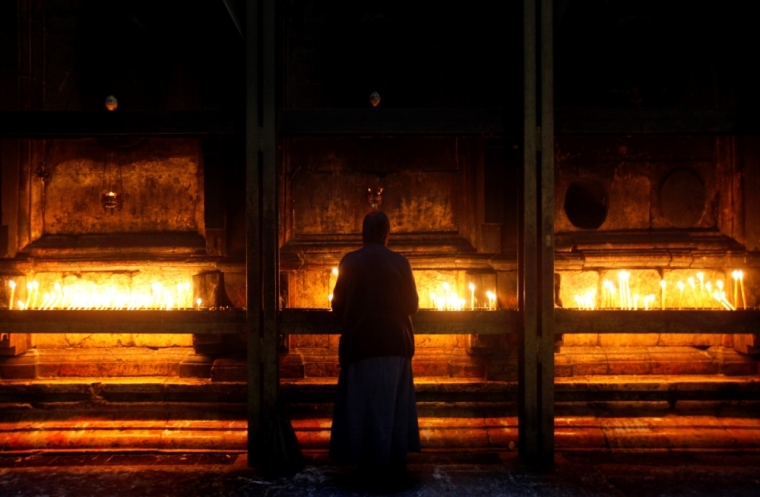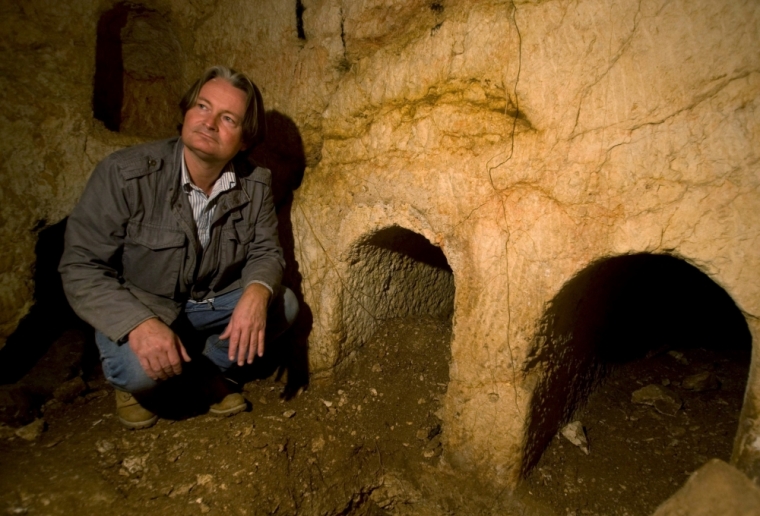Jordan's King Abdullah to Help Fund $3.4M Holy Sepulchre Restoration
King Abdullah of Jordan, a direct descendant of the Islamic prophet of Muhammad, has offered to help pay for a multi-million dollar restoration project on one of Christianity's most sacred sites.
A letter sent from the Royal Hashemite Court to Theophilos III, the Greek Orthodox patriarch in Jerusalem, confirms that Abdullah has agreed to pay an undisclosed amount to help with the $3.4 million project on the Church of the Holy Sepulchre, located in Jerusalem's Old City.
The church is believed by many Christian denominations, such as the Greek Orthodox, Roman Catholic and Armenian Orthodox, to be the site where Jesus was crucified, buried, and resurrected.
Along with serving as a major source of unity for the Christian faith, it also serves as a site of great division as six Christian denominations hold prayers inside the church, one after the other.

The three denominations that hold the most control over the site, the Greek Orthodox, Roman Catholic and Armenian Orthodox, agreed to help fund the restoration project after the Israeli government warned that the church is in danger of collapsing due to infrastructure issues.
The king of Jordan's representatives confirmed last week that he will contribute an "undisclosed amount" from his "personal expense" to help pay for repairs.
Abdullah's contribution was welcomed by Bishop William Shomali, who serves as the Latin Patriarchal Vicar in Jerusalem.
"This is excellent news, news of a highly symbolic character, since the Holy Sepulchre is the most sacred place for Christians of all confessions," Shomali said in a statement to Vatican Radio Tuesday.
"This decision shows the kindness of the king toward Christians and his constant concern to preserve the heritage of Christianity, including his role as guarantor of the holy places, Christian and Muslim, Jerusalem, according to the Wadi Araba agreement," he added, referencing the agreement between Jordan and Israel that allows Jordan to oversee holy sites in Jerusalem.
Theopolis III, who has his headquarters at the site, added in a statement that Abdullah's generous contribution is evidence of unity between Muslim and Christians.
"We are reaping the fruits of these efforts in this age when sectarian wars are burning entire countries as can plainly be seen," Theopolis III said in a statement, as reported by the Jordan Times. "His Majesty constantly reiterates that Jerusalem's Muslim and Christian holy sites are a red line, which Jordan will not permit to be crossed. Also, that Jordan continues to uphold its religious and historic responsibilities toward the entirety of Al Haram Al Sharif with the utmost commitment and seriousness."
The church has also served as an important site for renewed relations between the Roman Catholic and Eastern Orthodox Church.
In May 2014, Pope Francis and Ecumenical Patriarch Bartholomew of the Eastern Orthodox Church met at the site to pray together. Their meeting was the first for leaders of their churches in 50 years.
The pope said in a statement at the time that he hoped their meeting would bring unity to the Christian faith.
"We need to believe that, just as the stone before the tomb was cast aside, so, too, every obstacle to our full communion will also be removed," Francis said.
























